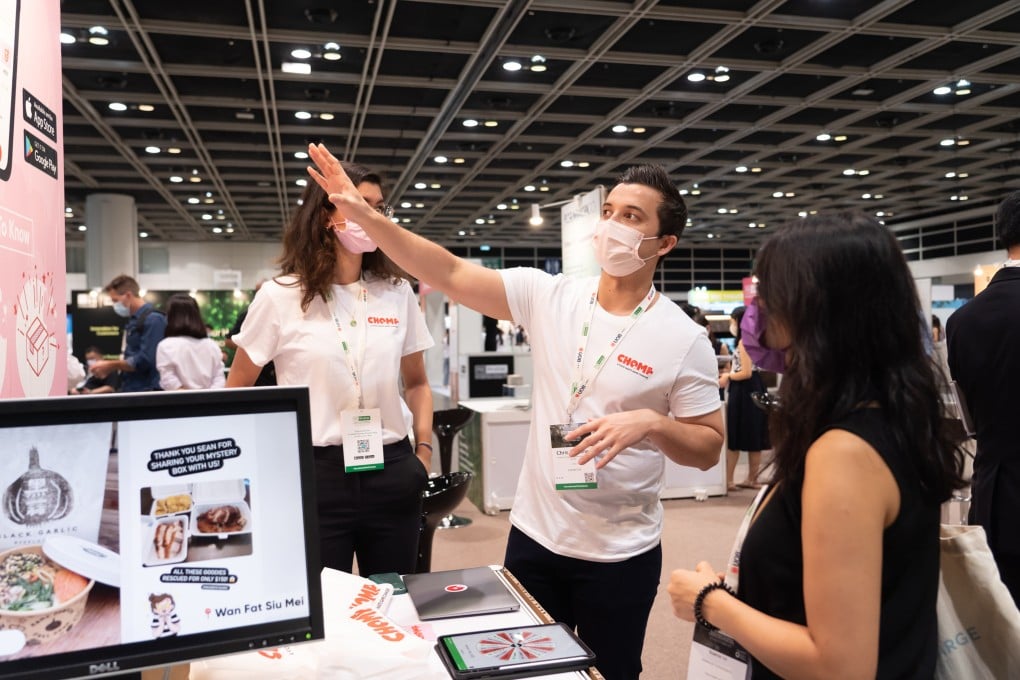Advertisement
How Hong Kong’s young entrepreneurs are solving the city’s massive food waste problem
- A raft of start-ups are launching innovative solutions to stop unwanted food going to landfill
- The younger generation is keen to tackle society’s issues, and the money is there to fund them, says head of HKUST’s Entrepreneurship Centre
Reading Time:3 minutes
Why you can trust SCMP
3

Anushka Purohit has never forgotten her shock the first time she saw staff at a Starbucks throwing away unsold products at the end of the night.
It was her 10th birthday. But instead of enjoying the Java chip frappuccino her parents had got her, all she could do was stare as pastries were pulled off the shelves and dumped into black rubbish bags.
“I can’t wait until I’m older and can do something about this,” she remembers thinking.
Advertisement
Now aged 22, she’s holding herself to those words.
In 2020, she and three of her friends started Breer, a food upcycling company that makes beer out of unsold bread products. They are part of a growing number of young entrepreneurs tackling Hong Kong’s food waste problem head-on.
Advertisement
Food waste is a pressing issue for the city as it races to achieve carbon neutrality by 2050. It makes up around 30 per cent of all municipal solid waste in landfill, amounting to around 3,200 tonnes on average per day in 2020 – the most recent data available.
Advertisement
Select Voice
Choose your listening speed
Get through articles 2x faster
1.25x
250 WPM
Slow
Average
Fast
1.25x